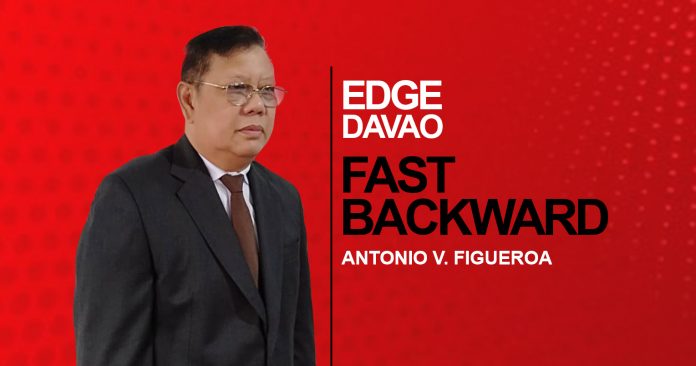Due to post-war tensions and crimes, President Elpidio R. Quirino issued Proclamation No. 210 on October 22, 1950, suspending the privilege of the writ of habeas corpus in certain cases due to fear the peace and order disturbances would later engulf the entire archipelago.
A writ of habeas corpus is “a court order demanding that a public official… deliver an imprisoned individual to the court and show a valid reason for that person’s detention.”
Quirino’s decree affected “persons detained, as well as others who may be hereafter similarly detained for the crimes of sedition, insurrection, and all other crimes and offenses committed by them.” It was so extensive it enumerated practically every probable cause of destabilization that would affect national security and stability. In part, it reads:
“WHEREAS, lawless elements of the country have committed overt acts of sedition, insurrection and rebellion for the purpose of overthrowing the duly constituted authorities and, in pursuance thereof, have created a state of lawlessness and disorder affecting public safety and the security of the state;
“WHEREAS, these acts of sedition, insurrection and rebellion consisting of armed raids, sorties and ambushes and the wanton acts of murder, rape, spoilage, looting, arson, planned destruction of public and private buildings, and attacks against police and constabulary detachments, as well as against civilian lives and properties, as reported by the Commanding General of the Armed Forces, have seriously endangered and still continue to endanger the public safety;
“WHEREAS, these acts of sedition, insurrection and rebellion have been perpetrated by various groups of persons well organized for concerted action and well-armed with machine guns, rifles, pistols and other automatic weapons, by reason whereof there is actual danger of rebellion which may extend throughout the country;
“WHEREAS, one hundred leading members of these lawless elements have been apprehended and are presently under detention, and strong and convincing evidence has been found in their possession to show that they are engaged in rebellious, seditious and otherwise subversive acts as above set forth; and
“WHEREAS, public safety requires that immediate and effective action be taken to insure the peace and security of the population and to maintain the authority of the Government.”
The suspension was later lifted on April 28, 1953, under Proclamation No. 390, specifically citing the provinces of Antique, Capiz, Cotabato, Davao, and Iloilo as recipients of this edict.
Two decades later, as a result of the August 21, 1971, Plaza Miranda bombing, President Ferdinand E. Marcos Sr. issued Proclamation No. 889 on the same day suspending the writ of habeas corpus. Petitions were filed to assail it but the court ruled the act as proper and with factual and legal basis. Later, the ruling was revised, giving the judiciary “the authority to inquire into the factual basis of such suspension, and that the suspension is to be annulled if no legal ground would be established.”
Historically, during American rule, governor-general James Francis Smith (1906-1909), with the permission of the Philippine Commission, suspended the writ in Batangas and Cavite due to extensive criminal doings. The suspension was contested but the Supreme Court sustained Smith’s decision, citing it as a political act and that the court could not question acts performed by the executive and legislative branches of government.
Under the 1987 Philippine Constitution, specifically Article III, Section 15, it is provided that “The privilege of the writ of habeas corpus shall not be suspended except in cases of invasion or rebellion, when the public safety requires it.”



